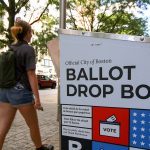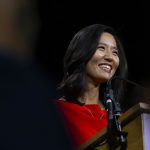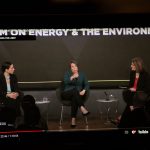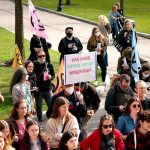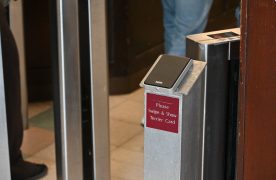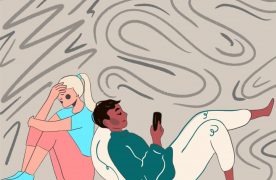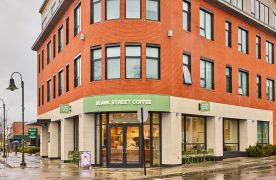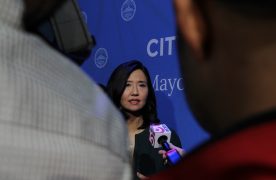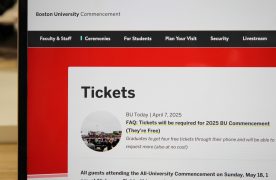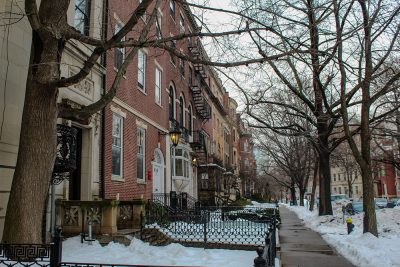
The Boston City Council passed an anti-picketing ordinance by a 9-4 vote March 30 after Mayor Michelle Wu filed asking for limits to residential protests.
The ordinance was filed following months of daily protests in front of Wu’s house due to the B Together policy — which required restaurant patrons to show proof of vaccination to enter as well as mandating that city employees be vaccinated against COVID-19 — that has since been lifted.
Wu’s open letter to the council cited Boston’s “legacy of supporting activism and free speech” and argued limiting the targeted residential protesting was in the best interest of neighboring families whose “sleep and well-being” have been impacted by protests.
The ordinance prevents “targeted residential picketing” at an individual residence from 9 p.m. to 9 a.m. Aside from the limited hours, protesters must also follow guidelines such as monitoring excessive noise within the allotted times.
The first offense in a 12-month period will result in a $50 fine, the second a $150 fine and the third a $300 fine. Following the year period, the tiered fining will reset and offenders will start back at the $50 fine.
City Council President Ed Flynn described the ordinance as a “compromise” — peaceful protests with some regulations.
“I think this is an opportunity for us to have peaceful demonstration,” Flynn said, “but also some restrictions as well, some necessary restrictions that also respect our neighbors.”
As of April 1, five people have been charged with violating the picketing ordinance, according to The Boston Globe. We The People of Massachusetts — a group whose chair, Catherine Vitale, has protested in front of Wu’s house — wrote in a March 30 tweet that the ordinance will have “unintended consequences.”
Councilors Frank Baker, Kendra Lara, Erin Murphy and Julia Mejia voted against the ordinance. Baker argued the action seemed to be centered just around Wu in a March 30 city council meeting.
“I wish this body came around me when this was happening to me,” Baker said. “Now because this is happening to one person, we’re going to change all the rules.”
Baker added the ordinance could potentially be infringing on First Amendment rights.
“Do I think that people should be out in front of the mayor’s house at this point screaming at seven in the morning? No,” Baker said. “But it’s their right to be able to do it.”
Flynn said multiple councilors, including himself, have also experienced protests at their homes.
“I’ve noticed an increase in demonstrations at the home of public officials,” Flynn said. “There’s a place to protest, and I think the place to protest is at City Hall or the Statehouse or other civic locations across the city.”
Councilor Lara cited a history of misusing policies that restrict protest to harm marginalized groups.
“I believe that this ordinance could have harmful unintended consequences for the Black and brown organizers of Boston,” Lara wrote in a March 30 tweet.
Flynn also spoke about how, even though other elected officials have had protests outside of their houses, these appeared different.
“I think there was a part of it that was anti-Asian, anti-woman of color, and I thought it was mean-spirited and intimidation as well, not just a peaceful protest,” Flynn said. “I believe in free speech, but I also believe in treating each other with some level of decency as well.”

